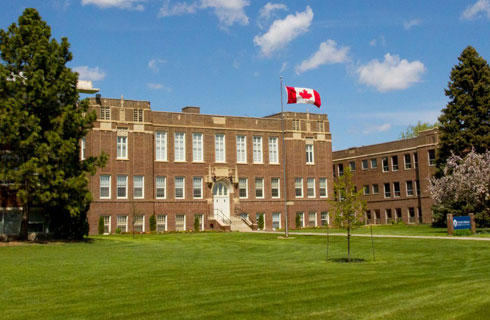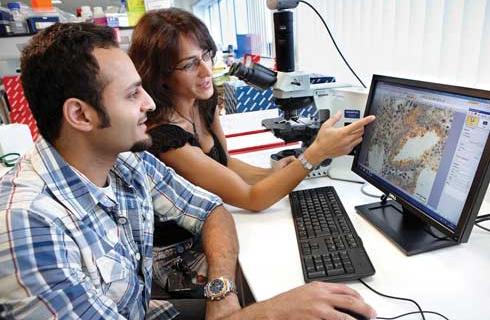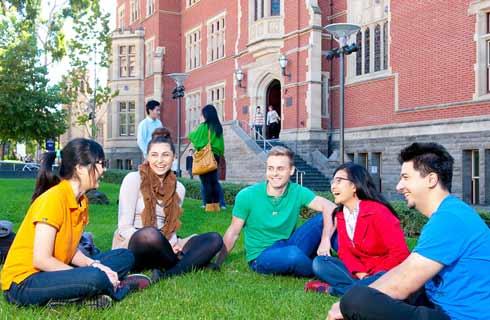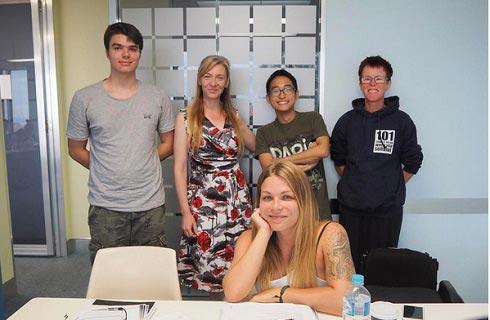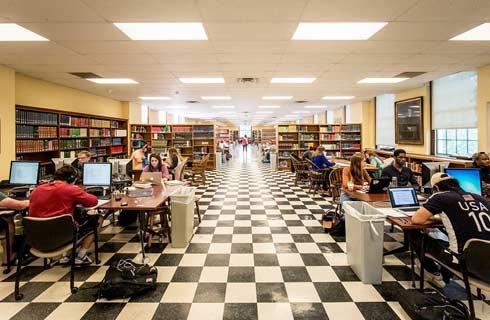国际学生入学条件
Queensland Year 12 (or equivalent) General English subject (Units 3 & 4, C); Mathematical Methods (Units 3 & 4, C); and one of Chemistry or Physics (Units 3 & 4, C).
Studying Specialist Mathematics (Units 3 & 4, C) and both Chemistry and Physics is recommended as students will have increased flexibility in their studies.
International Baccalaureate Diploma - 32
IELTS overall 6.5; reading 6; writing 6; speaking 6; listening 6. For other English Language Proficiency Tests and Scores approved for UQ
TOEFL IBT - Overall 87, listening 19, reading 19, writing 21 and speaking 19.
展开
IDP—雅思考试联合主办方

雅思考试总分
6.5
了解更多
- 雅思总分:6.5
- 托福网考总分:87
- 托福笔试总分:160
- 其他语言考试:Pearsons - Overall Score of 64 and 60 in all sub bands.
CRICOS代码:103509C
申请截止日期:请 与IDP联系 以获取详细信息。
课程简介
Prepare to meet tomorrow’s challenges in new and novel ways when you combine engineering skills with design thinking in this unique dual program. Through the Bachelor of Design, you’ll learn to challenge conventional thinking and bring a different mindset to problems. With a focus on solutions-based thinking, you’ll gain practical skills in hands-on studio-based courses and expand your career options. Complement your design studies with technical knowledge through the Bachelor of Engineering (Honours), where you’ll benefit from hands-on experiences across all aspects of engineering, more study options for greater career opportunities, and direct contact with industry – your future employers – threaded throughout your degree. You’ll develop technical skills through a core specialisation, which will form the basis of your career. Choose from either chemical engineering, civil engineering, electrical engineering, mechanical engineering, mechatronic engineering or software engineering. Graduate with a respected honours qualification, advanced knowledge and leadership skills that will set you apart in a competitive job market and provide a pathway to future research or learning.<br><br>Civil engineers provide for people's needs, and are expert in the planning, design, construction and maintenance of facilities that contribute to modern life. They understand the way in which natural phenomena behave, including water and wind, and how buildings of all kinds are able to resist loads. They work with buildings, bridges, roads, harbours, dams, airports, coastal protection, water supply and public health. Civil engineers apply their theoretical knowledge to produce efficient and economic facilities that are aesthetically pleasing and satisfy society's needs. They have an aptitude for mathematics and physics and a desire to meet environmental and technological challenges. Civil engineers provide expert financial and technical advice, and plan and coordinate projects from concepts through to completion. Tailor your specialisation in civil engineering with majors or minors that meet your interests and career goals. Civil engineering offers these options: Majors General civil engineering Environmental engineering Fire safety engineering Geotechnical engineering Mining engineering Structural engineering Transport engineering Water and marine engineering Minors Computing Data science Design
展开















